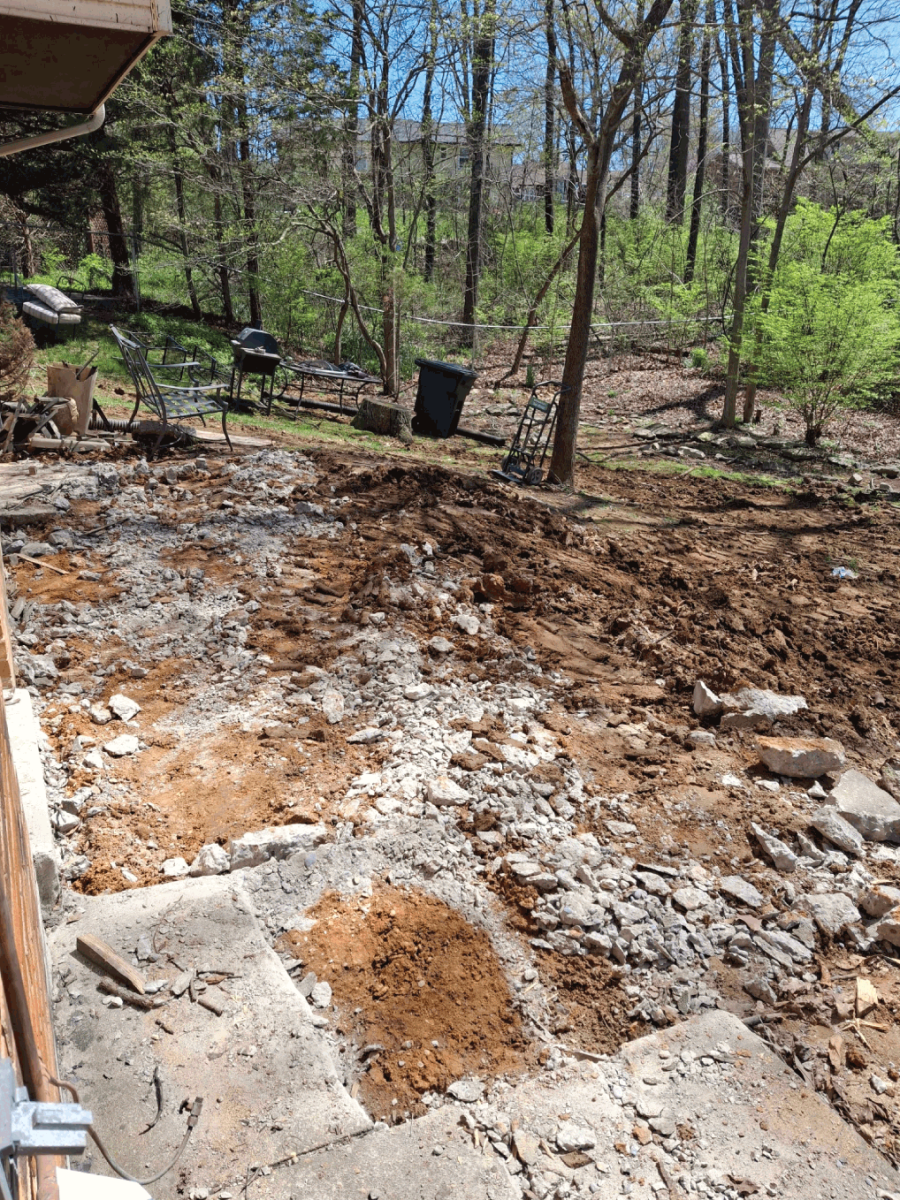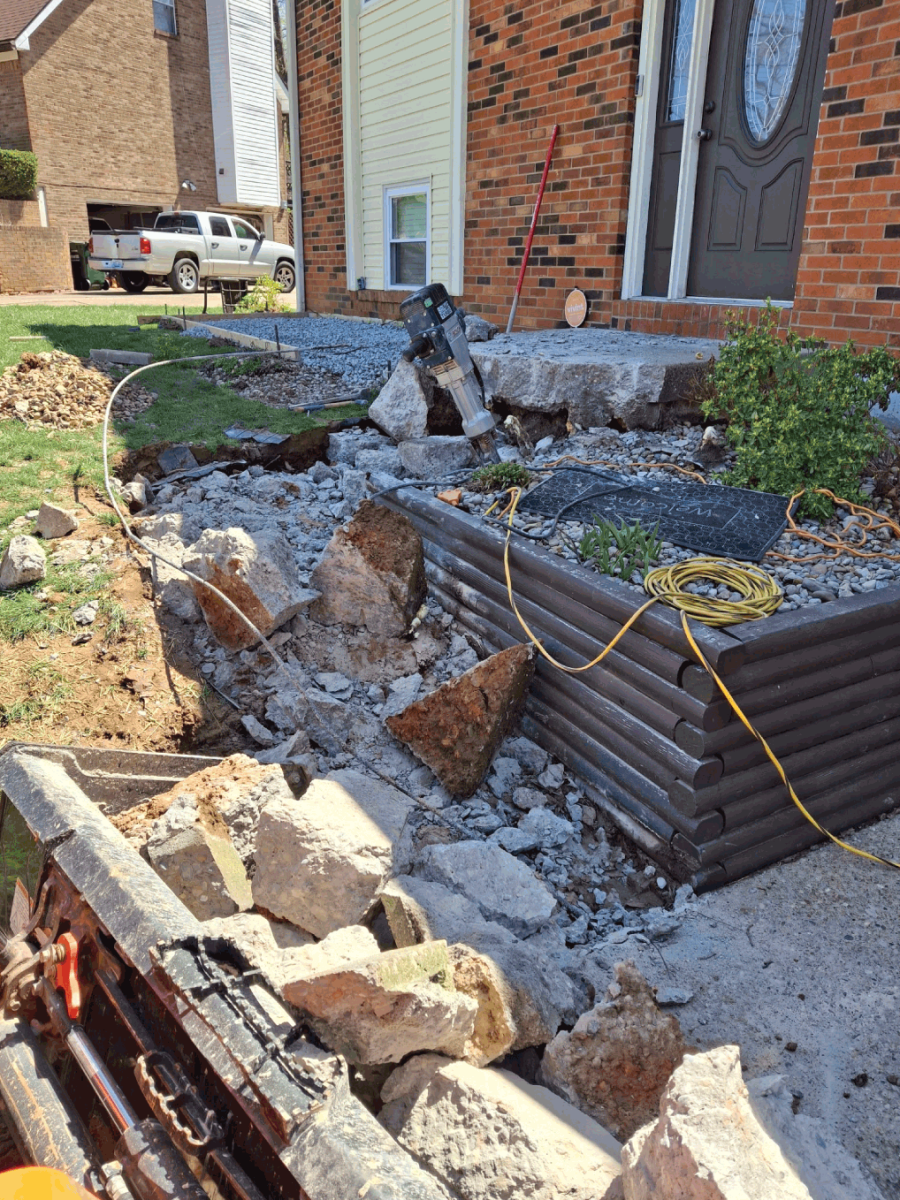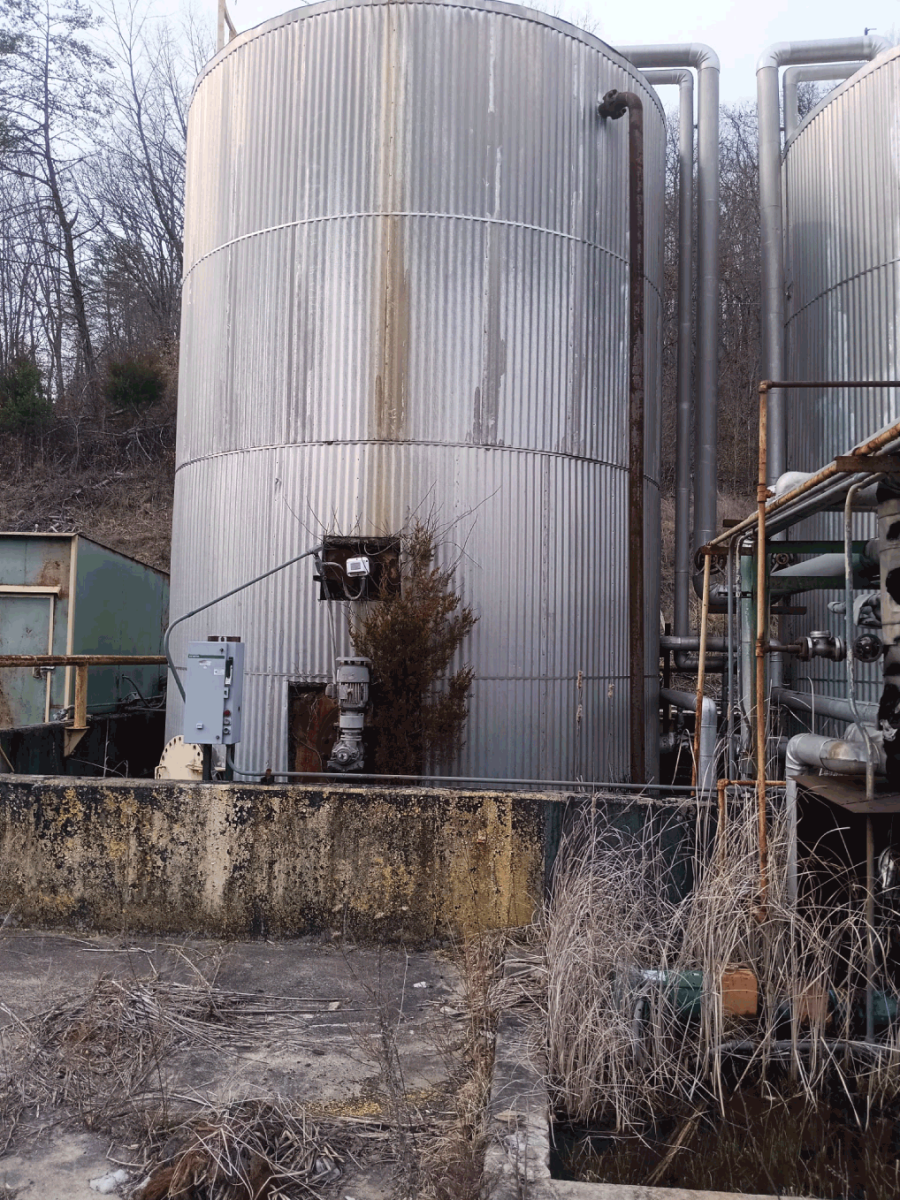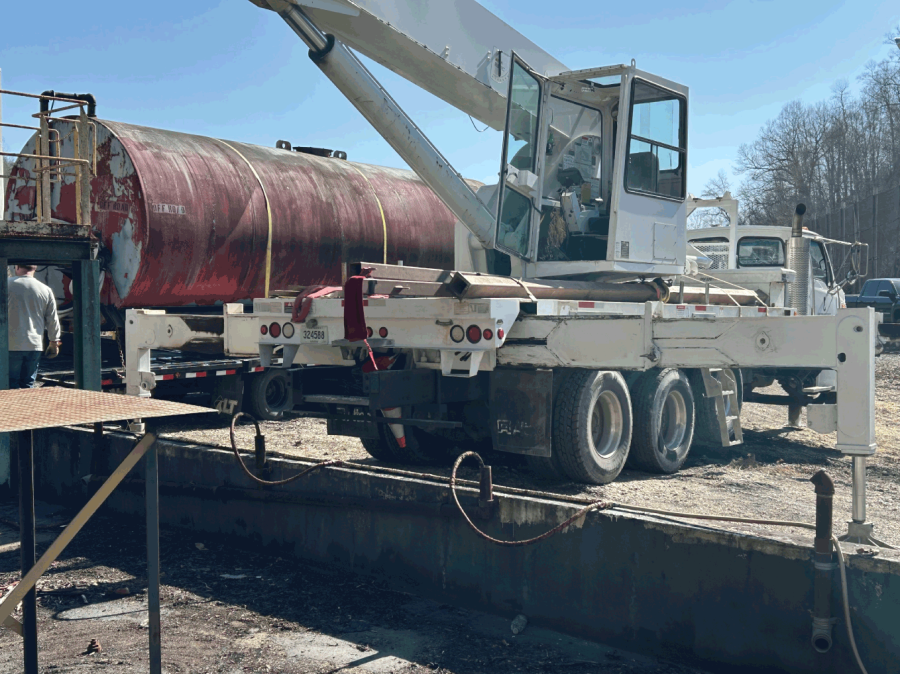Stoney, Sealy & Rubble Construction
For all your oil tank removal needs throughout the greater Louisville, KY area, Stoney, Sealy & Rubble Construction is the crew to call! Our team prides... more
Orchid Recycling Services
Speak with the friendly professionals at Orchid Recycling Services regarding your oil tank removal project. With 40 years of environmental cleanup experience, we have established a... more
Kentuckiana Cat & Core LLC
Kentuckiana Cat & Core LLC, specializing in oil tank removal in the Salem, IN area, brings over 20 years of expertise to every job. Contact us for... more
C & E Tree Service
C & E Tree Service has built a reputation in the Louisville area for quality workmanship and efficient service. Our team of experts handles shed demolitions,... more
HCL Demolition
Providing the Louisville, Kentucky area with impeccable services, AB Inc knows how to complete jobs promptly and safely. We are committed to providing each... more
Genesis Construction LLC
Genesis Construction can safely identify and detect underground storage tanks that need to be removed and hauled away. For professional oil tank removal, trust the... more
J&M Demolition
For over 15 years, the experts at J&M Demolition have been honing their skills in the demolition industry. We are a family and veteran-owned company... more
Mary's Demolition & Cleaning Service
When you need demolition services that make your life easier, call Mary's Demolition & Cleaning Service. We can remove a wide variety of different commercial and... more
Stumler Bryan Excavating
Bryan Stumler Excavating is located in Floyds Knobs, Indiana. We specialize in building premiere lakes, ponds, construction site work, storm and sewer infrastructure and much... more
Franklin & Leonhardt Demolition
A family-owned business, Franklin & Leonhardt has been a mainstay in Louisville, Kentucky since the 1950s. In our early years, we focused on grading, excavating,... more
JUNKCO, LLC
JUNKCO is a locally-owned and operated business serving customers in and around the Louisville, KY area, including Southern Indiana. We’re equipped to offer same... more
Bluegrass Excavation & Contracting
Bluegrass Excavation & Contracting has been a trusted demolition company in the Louisville, KY area since 1995. We provide our customers in Kentucky and Indiana with... more
Durham Excavating Inc
The goal at Durham Excavating is to provide the highest quality workmanship with the most reasonable rates. We are locally-owned and operated and have been&... more
Nearby Places for Tank Removal
Tank Removal Tips for Louisville, KY
Why should I remove my oil tank?
Oil tanks are always at risk of leaking, especially if they're exposed to the elements. An oil spill can wreak havoc on the environment and your health, as it contaminates drinking water, leads to indoor air pollution, contaminates soil, surface, ground, and drinking water, as well as recreational water bodies.



